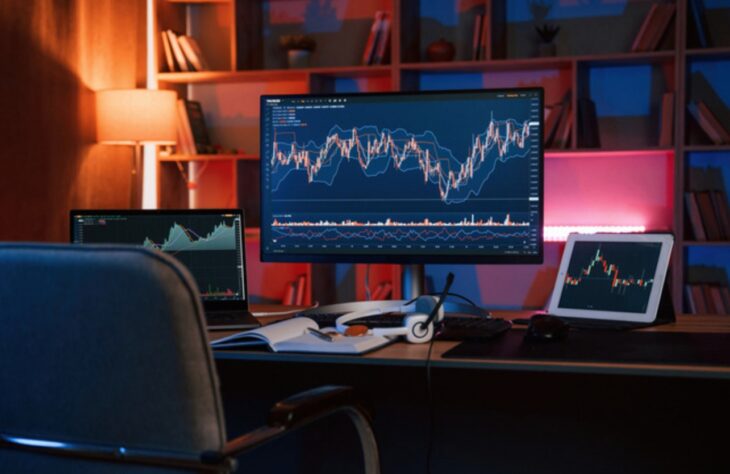
Is Prop Trading a Good Career Choice? A Closer Look
Proprietary trading, or prop trading, is a segment of the finance industry where firms trade stocks, bonds, currencies, and other financial instruments with their capital. For those with a passion for the financial markets, prop trading can be an alluring field. It offers a unique combination of challenges and potential rewards. This article will scrutinize the benefits, drawbacks, and requisite skills needed for a successful career in prop trading.
The Allure of Prop Trading
The allure of prop trading, especially within a prop firm, extends significant financial rewards and a level of independence rarely found in other careers. Traders in this specialized area can often benefit from a direct share in the profits generated by their trades, which can result in income levels that greatly exceed those of traditional salary-based roles. This performance-based earning potential is a considerable attraction to working at a prop firm. Additionally, prop traders enjoy a significant degree of autonomy, making pivotal decisions on trades without client consultations, which allows them to focus intensely on market movements and the efficacy of their trading strategies. Furthermore, the environment in a prop firm is characteristically dynamic and fast-paced, offering a vibrant atmosphere for those who excel in rapid decision-making and are energized by active market participation.

Considerations Before Jumping In
Yet, for all its attractive aspects, it is far from being a risk-free career choice. The high degree of autonomy comes with equivalent levels of pressure, as a trader’s success hinges on the ability to generate profits consistently. The ever-evolving nature of financial markets also dictates a commitment to continuous learning and development, keeping abreast of new theories, practices, and economic conditions.
Required Skill Set for Success
To embark on this career, an individual must be equipped with a specific skill set. Top-notch analytical abilities are paramount, as traders must dissect complex market data quickly to inform their trading decisions. Emotional resilience is just as critical, providing the stability needed to weather the storms of market ups and downs without faltering. Lastly, adaptability is a non-negotiable trait; successful prop traders must pivot their strategies in response to market changes promptly to stay profitable.
The Impact of Technology on Prop Trading
The landscape has been significantly reshaped by advancements in technology. Modern prop traders are armed with sophisticated tools that have transformed the way they interact with the markets. High-frequency trading algorithms, quantitative models, and advanced analytics have become fundamental components of the trade. These technologies empower traders to execute complex strategies at unprecedented speeds and volumes, significantly increasing potential profits while also amplifying risks. As a result, a modern prop trader must not only be proficient in market analysis and possess a steely disposition but also be technologically savvy, and able to understand and leverage the latest trading software and tools.

Conclusion
In essence, prop trading can be a compelling career choice for the right individual. It’s a field that offers substantial financial upside and the excitement of a fast-paced trading environment. However, it also demands a strong tolerance for risk, an unwavering commitment to continuous improvement, and a skill set that enables quick analysis and adaptation. For those with these qualifications, it could indeed be a path to a rewarding and dynamic career.